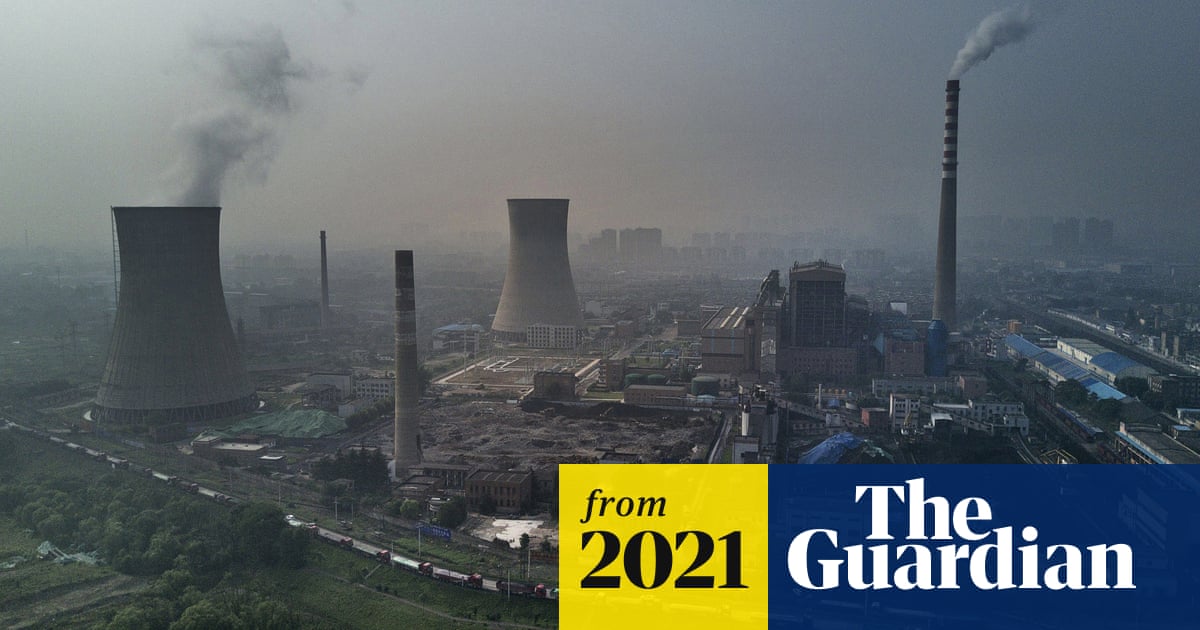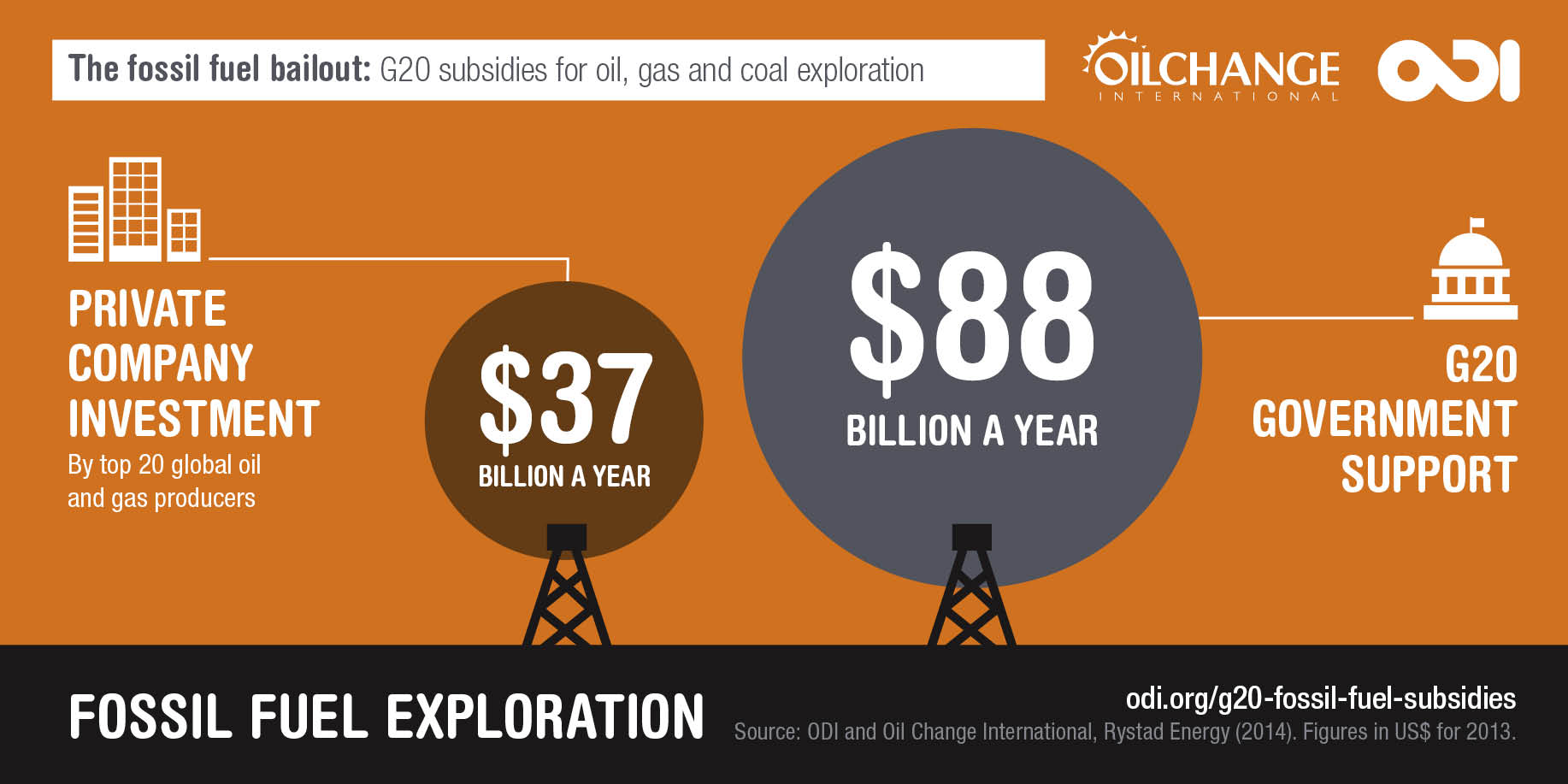Admiral Rockwell Tory
Diamond Member
When was the last time you saw a Rolls Royce on an Interstate? Did they stop and ask if you happened to have any Grey Poupon?Rolls freaking Royce
Even they know their future is ELECTRIC
Who wants a smelly Gas Engine when you get better silent performance out of Electric?


